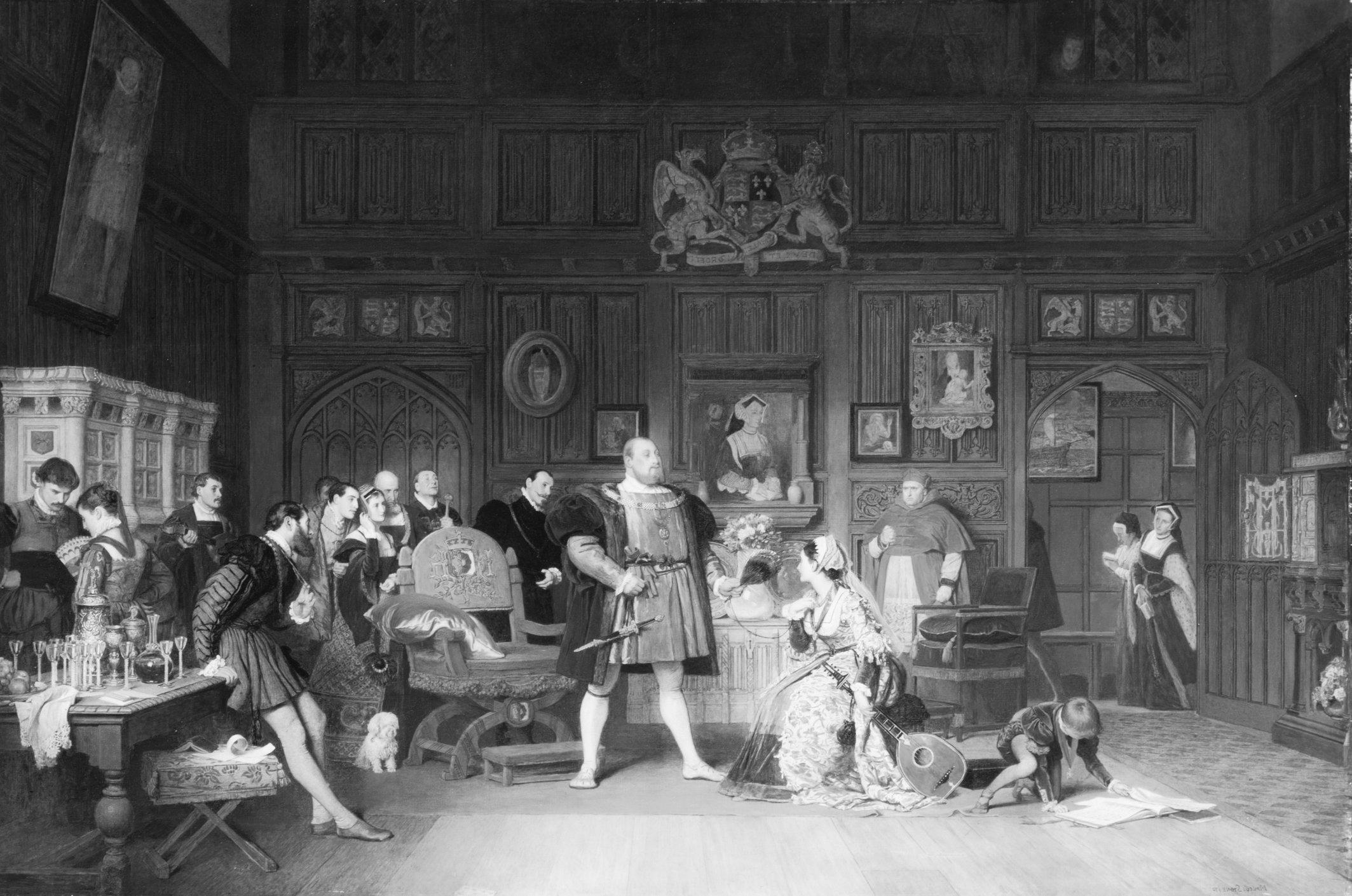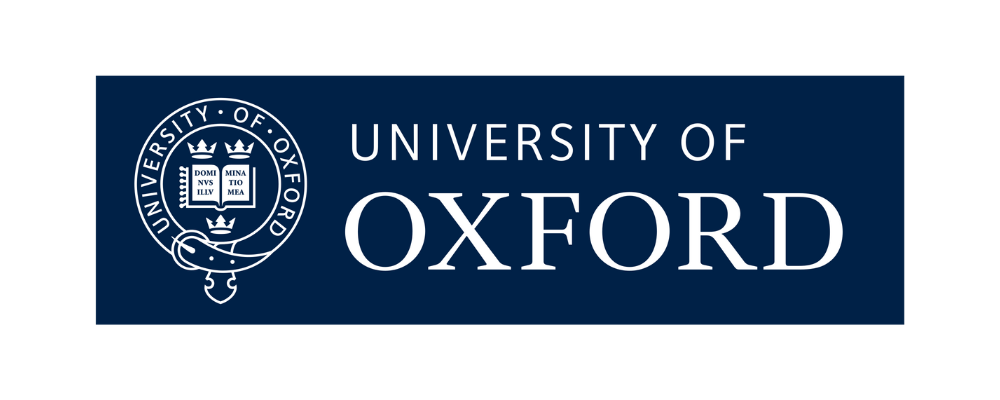
Published in History Today ahead of the 487th anniversary of the excommunication on 17 December, the research offers the first ever account of how an event that might have changed the course of England’s religious history was botched by indecision and delay.
Professor Paulina Kewes and Dr Frederick Smith trace the extraordinary eight-year saga that finally saw Pope Paul III acting against Henry in December 1538 – long after the King had created the Church of England in his own image.
The potency of Paul III’s eventual excommunication of Henry was fatally undermined by the tortuous and protracted process through which it finally came to pass. That process took eight years, involving two popes, two printed bulls, and countless admonitions. As a result, rather than bringing Henry and his kingdom back into the fold, the papacy may have actually expedited England’s secession from the Roman Catholic Church.
Professor Paulina Kewes, Professor of English Literature
Professor Paulina Kewes, Professor of English Literature and Fellow of Jesus College, University of Oxford said:
‘The potency of Paul III’s eventual excommunication of Henry was fatally undermined by the tortuous and protracted process through which it finally came to pass. That process took eight years, involving two popes, two printed bulls, and countless admonitions. As a result, rather than bringing Henry and his kingdom back into the fold, the papacy may have actually expedited England’s secession from the Roman Catholic Church.’
The authors argue that the papacy missed multiple opportunities to curb Henry’s increasingly radical religious agenda during the 1530s. Had it acted earlier, it might have prompted the English King to reconsider his reformation of the English Church.
It is difficult not to see the repeated delays in issuing Henry’s excommunication as a missed opportunity for the papacy. But was it even more than that? Did the recurrent act of threatening excommunication, but drawing back from executing it, actually have a radicalising effect on the English king, pushing him to go further, and faster, than he might otherwise have done.
Dr Frederick Smith, Faculty of History
Dr Frederick Smith, Career Development Fellow in Early Modern History at Lincoln College, University of Oxford, said:
‘It is difficult not to see the repeated delays in issuing Henry’s excommunication as a missed opportunity for the papacy. But was it even more than that? Did the recurrent act of threatening excommunication, but drawing back from executing it, actually have a radicalising effect on the English king, pushing him to go further, and faster, than he might otherwise have done?’
The study suggests that Henry VIII’s well-founded concern that a papal excommunication might strengthen domestic opposition encouraged him to move more quickly to strip the papacy of its influence and malign its reputation, thereby robbing excommunication of much of its potential sting. By the time the bull was finally issued, it was too little, too late.
The authors conclude that England’s break with Rome was fuelled not only by Henry’s ego and ambition, but by the papacy’s own failure to act decisively – a lesson in how hesitation can shape history as powerfully as action.
“The University of Oxford is a collegiate research university in Oxford, England. There is evidence of teaching as early as 1096, making it the oldest university in the English-speaking world and the world’s second-oldest university in continuous operation.”
Please visit the firm link to site


